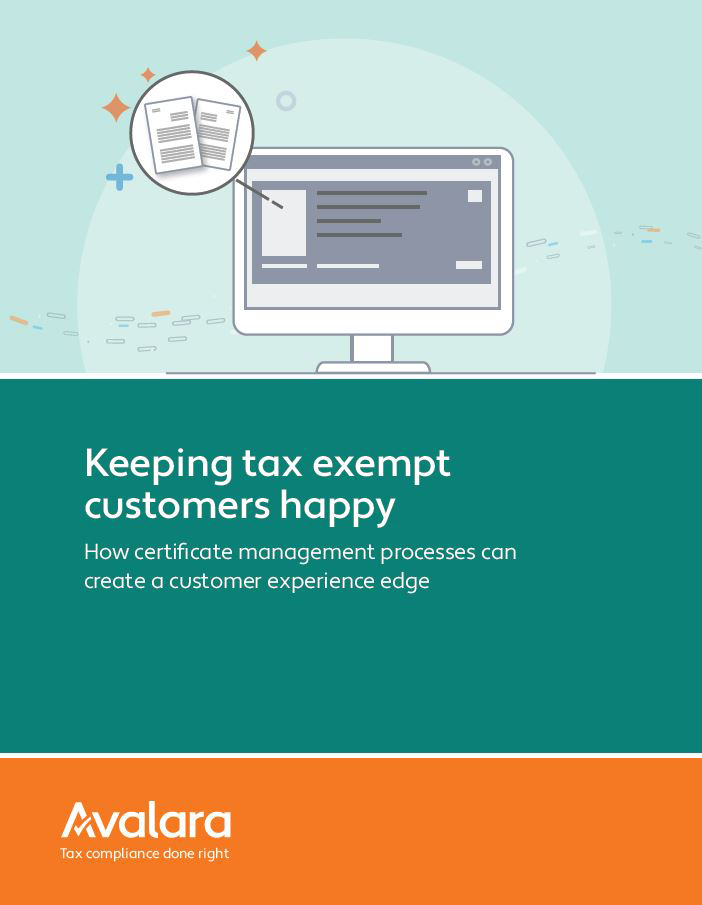
The construction industry has a well-deserved reputation for being tough, and that’s as true for construction-related sales and use tax as it is for completing a job on time and on budget.
Every transaction involved in a construction project, from the general contracting services to labor to materials and supplies, may or may not be subject to sales and use tax. Factors affecting taxability include the type of client, the type of contract, and the location of the project.
Sales to government agencies, nonprofit organizations, or religious institutions may be exempt from sales and use tax in certain situations.
In California, for example, sales and use tax generally doesn’t apply to sales of machinery and equipment to U.S. contractors or subcontractors when the property passes to the U.S. government before the contractor makes any use of it. Yet the contractor may have to issue a resale certificate.
Michigan allows contractors to make exempt purchases of materials that will become a structural part of real estate for a church sanctuary or nonprofit hospital. Otherwise, contractors in Michigan generally pay tax on all equipment, materials, and supplies used to fulfill a contract; they can then charge their clients the tax so long as they don’t break out the tax on the invoice.
Construction projects can be billed several different ways: as a lump-sum, time and materials, or cost-plus-a-fee. Each type of contract may have specific sales tax implications in each state.
Generally, in a lump-sum contract, the agreed cost of the job includes all charges for labor and materials unless there’s a change order (i.e., the scope of work changes), as well as overhead and profit. The contractor typically pays sales tax when purchasing equipment and materials for the job but doesn’t charge the client tax for that equipment or material.
With a time-and-materials contract, however, the contractor can generally purchase materials tax free using a resale or exemption certificate and then charge its client tax for those items.
Again, these are general rules of thumb: The taxability of these transactions varies by state and situation.
Many states with a sales tax have essentially tax-free zones.
For example, construction materials purchased to improve and develop certain vacant buildings may be exempt from sales tax in Erie County, New York. And labor, materials, and services used in the construction of new facilities used for airplane repair and maintenance may be eligible for a sales tax exemption in Washington state.
The sale of construction materials to a Native American contractor is generally exempt from Wisconsin sales and use tax if the materials are delivered to the Native American contractor on the Native American contractor’s tribal land, and the construction materials are used on the Native American contractor’s tribal land. However, if the materials are later used by the Native American contractor outside of their tribal land, Wisconsin use tax would apply.
It takes experience and skill to successfully manage and execute a construction project. Likewise, it takes experience and expertise to get sales tax compliance right. The most effective way for any construction business to handle sales tax is to leave it to the experts. Tax exempt? Check out Avalara’s latest whitepaper on How to keep tax exempt customers happy

An Aktion strategic software vendor, Avalara partners with Aktion to deliver cloud-based sales and use tax calculation systems to our Construction, Distribution and Manufacturing customers.